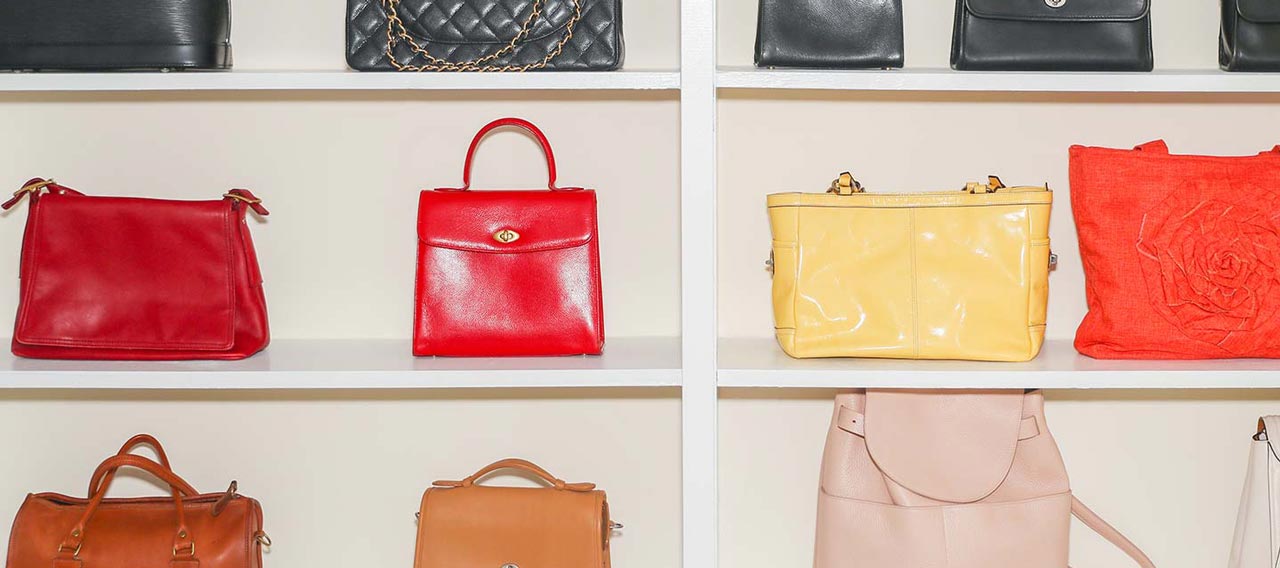- Individuals & Families
- Businesses
- Agents & Brokers
- Embedded Insurance

Chubb ranked #1 for Customer Satisfaction with the Home Insurance Claims Experience

Chubb ranked #1 for Customer Satisfaction with the Home Insurance Claims Experience

Chubb ranked #1 for Customer Satisfaction with the Home Insurance Claims Experience

Chubb ranked #1 for Customer Satisfaction with the Home Insurance Claims Experience

Because pets are family, Chubb now offers pet insurance with top-rated coverage from Healthy Paws.

Chubb offers the insurance protection you need for travel’s many “what ifs”.

Chubb protects small businesses at every stage – from newly formed start-ups to long-time anchors of the community.

Stay ahead of cyber threats with our free Cyber Claims Landscape Report.

Learn more about our dedicated learning paths, Online Learning Center, and more.

Many digital-savvy consumers look for it as a core or add-on option.

Many digital-savvy consumers look for it as a core or add-on option.

Many digital-savvy consumers look for it as a core or add-on option.

Chubb’s in-house technology makes it easy to integrate what we do into your customer experience.
-
About
-
Claims
-
Login & Pay Bill
For Agents & BrokersFor Travel Advisors
-
Back
In October 2019, a single bottle of Macallan Fine and Rare 60-Year-Old 1926 sold for a record-breaking $1.9 million, becoming the most expensive bottle of wine or spirit ever auctioned. One year before that, a bottle from the same batch of Macallan sold for $1.2 million at auction.
As headlines announce new benchmarks for whiskey, investors and industry leaders are taking note. Whether you’re collecting as a hobby or an investment, you’ll want to protect your whiskey by keeping it safe and in good condition while it’s in storage or being transported.
Here are a few tips on how to store your whiskey:
1. Store bottles of whiskey upright and monitor the condition of the cork.
The cork will degrade if in constant contact with the high strength of alcohol in whiskey. Over time, it may begin to disintegrate and even transfer unpleasant flavors into the whiskey. Bottles should be stored upright to help protect the condition of the cork.
2. Keep whiskey in the dark.
Direct sunlight and intense lighting causes a chemical reaction, degrading the delicate flavors of the whiskey. Store whiskey out of direct light and consider using motion activated lighting to keep light exposure at a minimum.
3. Keep the collection consistently cool, but not too cold.
If a collection becomes too cold, it can cause the liquid to become cloudy. Experts recommend storing whiskey at a temperature of 59-68°F. If you’re collecting both whiskey and wine, you may not want to store them together, since ideal temperatures for whiskey are at the higher end of the spectrum for ideal wine storage.
4. Maintain consistent temperature and humidity.
Fluctuating temperatures and humidity can cause liquid to expand and contract, destabilizing the whiskey. Excess humidity can cause damage to the labels and degrade the cork. Consider adding climate control notifications to your alarm system, which will alert you if the temperature or humidity in your cellar shift.
5. Protect the bottle and label condition.
The condition of the label can impact the bottle’s value. To avoid ripping or scuffing the labels, consider storing whiskey bottles in their original cartons or cases.
6. Prepare them to be transported.
If your whiskey collection is going to travel, make sure the bottles are packed with proper materials including stable, insulating layers that can protect them from getting broken. Optimal travel conditions include a consistent, cool temperature and no harsh light.
Insights and expertise








Get a personal insurance quote
Work with an independent agent to get personalized insurance solutions.
This document is advisory in nature and is offered as a resource to be used together with your professional insurance advisors in maintaining a loss prevention program. It is an overview only, and is not intended as a substitute for consultation with your insurance broker, or for legal, engineering or other professional advice.
Chubb is the marketing name used to refer to subsidiaries of Chubb Limited providing insurance and related services. For a list of these subsidiaries, please visit our website at www.chubb.com. Insurance provided by ACE American Insurance Company and its U.S. based Chubb underwriting company affiliates. All products may not be available in all states. This communication contains product summaries only. Coverage is subject to the language of the policies as actually issued. Surplus lines insurance sold only through licensed surplus lines producers. Chubb, 202 Hall's Mill Road, Whitehouse Station, NJ 08889-1600.


